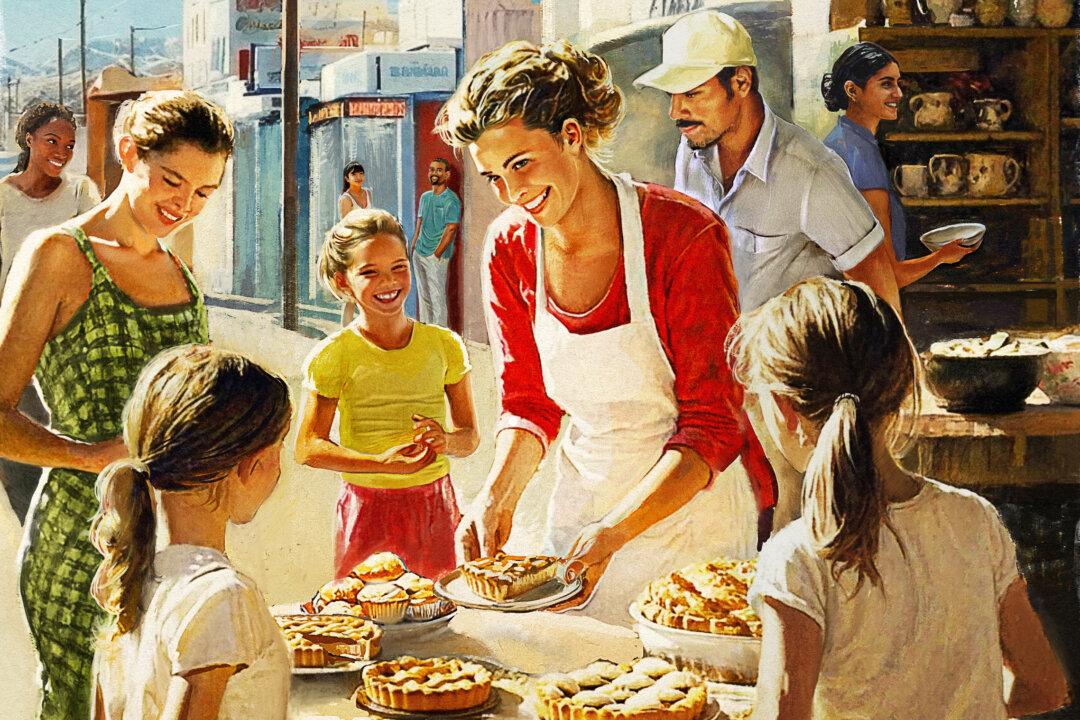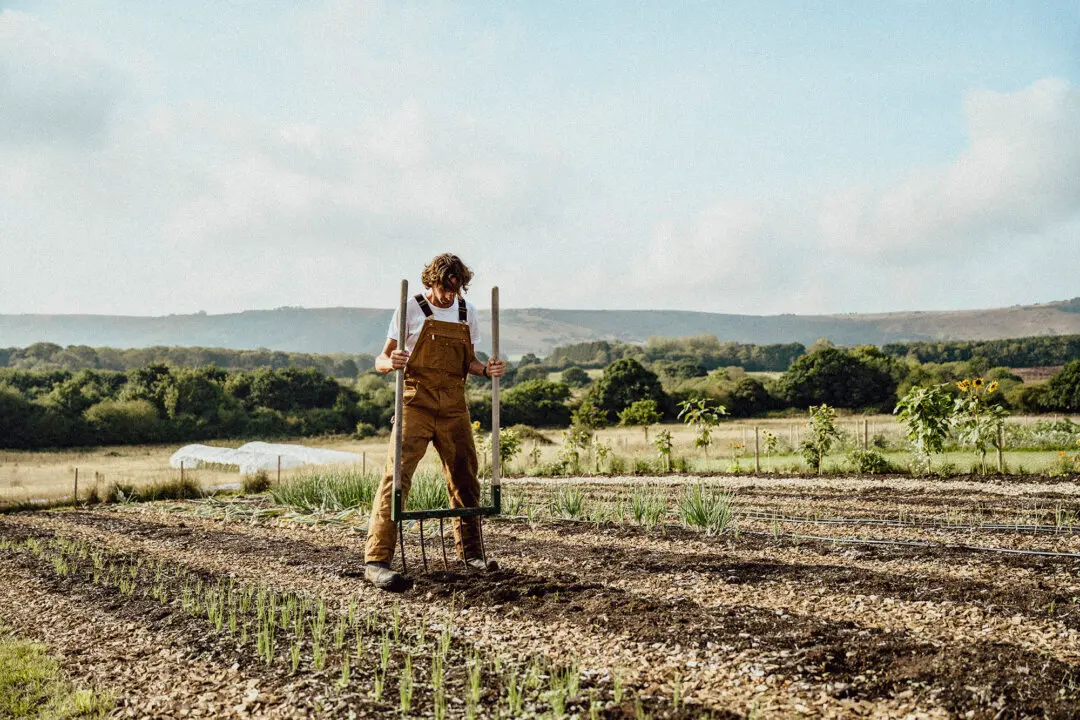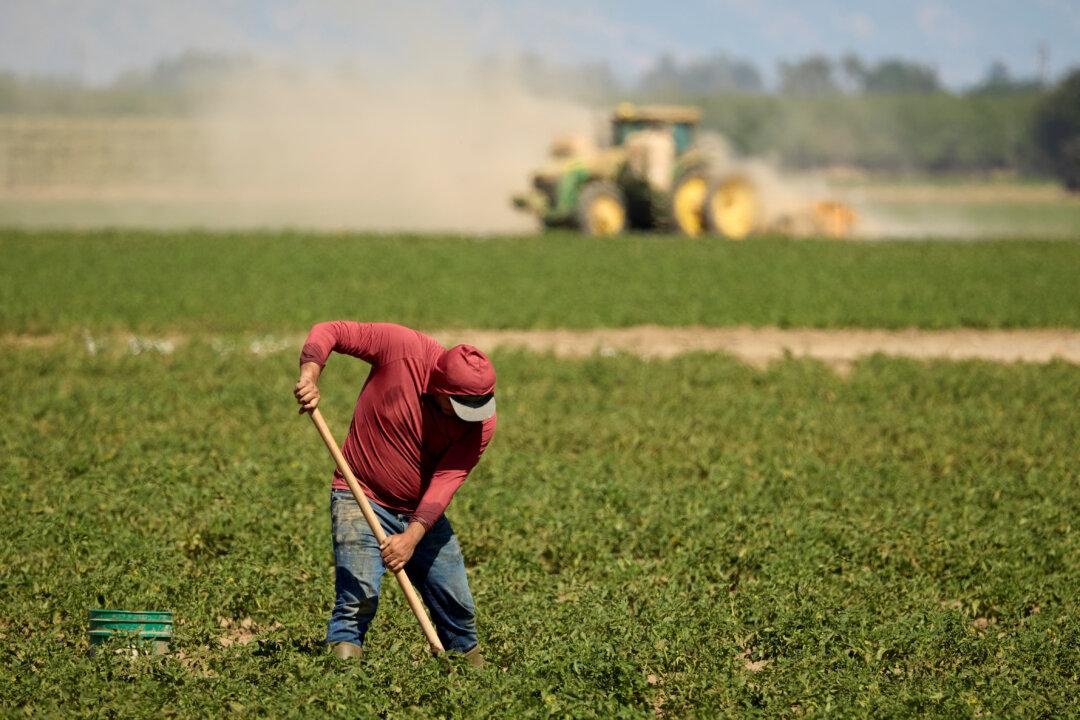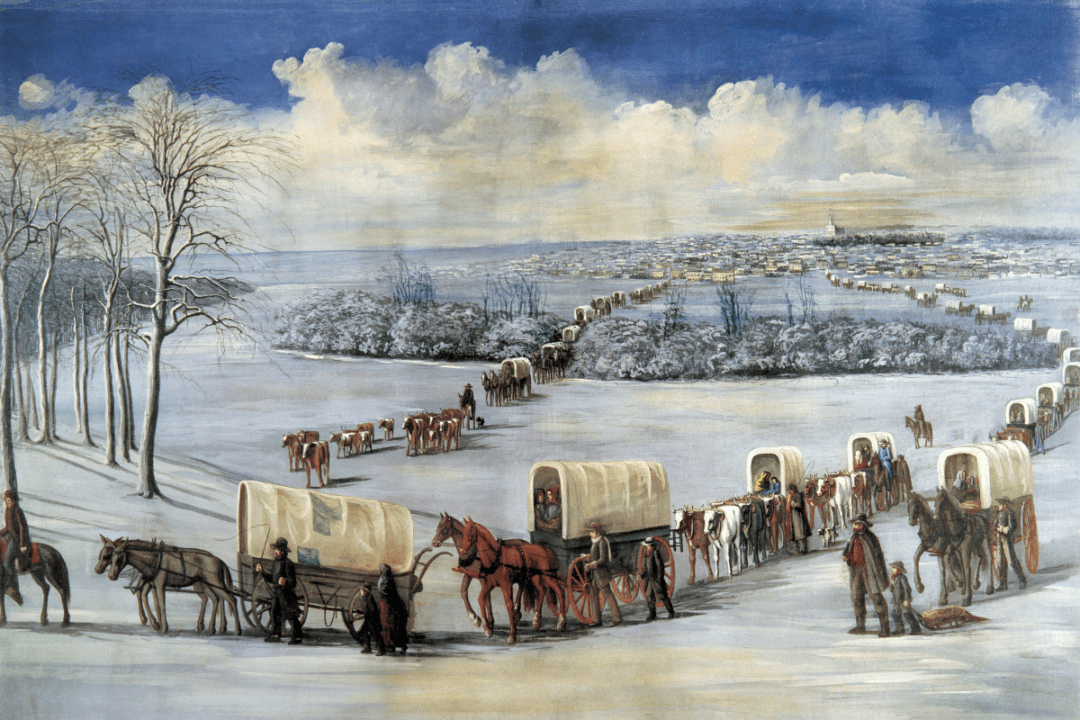Commentary
The phrase “social equity” gets thrown around a lot today, usually by government and academia. They define it as a framework for distributing resources and correcting systemic disadvantages. They can keep that definition. I am not interested in it.I know a different kind of social equity—one that isn’t created by policies or programs but by people, through free will, generosity, and faith.





